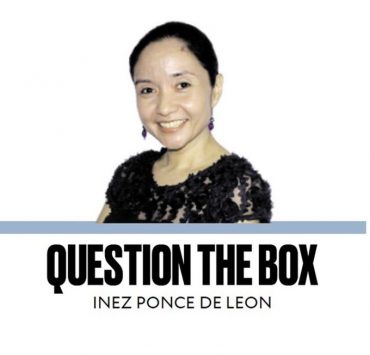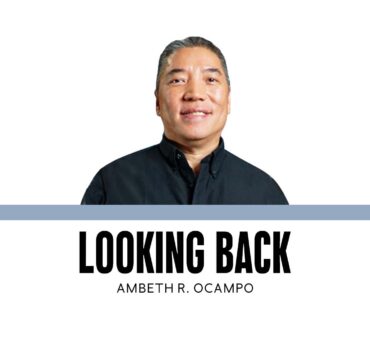Where silence lies

They say silence is better than noise. That it soothes the soul, that peace lives in the quiet. However, I never knew silence as peace. I knew it as uncertainty. I knew it as cold shoulders, frigid glances, and unanswered questions. I knew it as the weight of words that were never spoken.
George Bernard Shaw once stated, “Silence is the most perfect expression of scorn.” That is what I have come to believe. Growing up, silence wasn’t just a lie. It was a presence, a name that sat beside me at the dinner table, loomed over me in the living room, and curled up next to me as I fell asleep. It filled the spaces where words should have been, suffocating and heavy, yet never loud enough to break down.
In my family, love was not something you said. It was something you proved, something you showed in the way you came home after work, in the way you put food on the table, in the way you stayed. But never in the way you spoke. As a child, I always found it impossible to imagine hearing an “I love you.” Not in the way movies portrayed it and not in the way books described it. Within my residence, love was a presence, but remote, like a bulb that flickered in the quiet.
I learned to understand love in the language of actions, but not in the language of words. And so, my own world became muted. I learned to swallow my emotions before they could find their way to my tongue. I learned to keep my voice inside me, convinced that words were unnecessary if actions could suffice. But deep down, I longed for something different. I longed for warmth in the form of syllables, for comfort in the form of sound.
Ultimately, the first loss came. Both my grandfathers passed away, only two weeks apart. It was the first time I saw grief take shape, but even then, it remained silent. There were no wails, no declared angst, no conversations about pain. There was just a stillness that stretched across the house like an endless evening. My parents did not cry in front of me. They stood strong, their hands busy with funeral arrangements and condolences. They mourned through movement, through action, but never through words.
I wanted to hold them and tell them it was okay to grieve. I wanted to hear their sorrow, to feel it with them, but instead, I was left to decipher their pain through the way their hands trembled as they read messages of sympathy, through the way their voices faltered for a split second before regaining composure. Their grief was real, but it was hidden beneath the weight of unspoken ordinances. And so, I grieved in the same way. I carried my sorrow in silence, unsure if I was allowed to let it out.
By the time I reached high school, I had mastered the art of suppressing emotions. Instead of seeking comfort in words, I threw myself into tasks. But on the inside, I was lost. I thought that if I filled my days with responsibilities, if I made myself indispensable, then maybe I would finally feel whole. But no matter how many meetings I attended, how many projects I spearheaded, or how many articles I wrote, I couldn’t shake the hollowness inside me.
There were nights when I would return home after a long day, sit in the quiet of the room, and feel the weight of it all. The weight of everything I had accomplished, and yet, the weight of everything I had not allowed myself to feel. I had built an identity around being competent, but I had no idea who I was beyond that. If I stripped away the roles, the titles, the endless to-do lists, what was left of me?
Then, I moved away for college. And for the first time, I was surrounded by people who wore their hearts on their sleeves. People who spoke freely, who cried when they were sad, who laughed until their stomachs ached. Vulnerability was not a weakness to them; it was a language they spoke fluently. At first, I struggled to understand it. I hesitated before sharing my thoughts, afraid that my words would sound foreign, that my emotions would come out wrong. But little by little, I felt.
I learned that silence did not have to be a prison. I learned that my voice had power, that my emotions deserved forum. And most importantly, I learned that expressing myself did not mean losing control. It meant being human.
Now, I use my voice not just for myself, but for the world I live in. I advocate for the things I believe in, for the injustices I refuse to ignore. I have seen how silence can bury emotions, but I have also seen how it can bury truths. And so, I speak; not because I always know the right words, but because I know the cost of keeping them inside.
Still, there are moments when silence feels more familiar than words. There are nights when I sit in my dorm room, and the quiet is no longer suffocating but strange. And I wonder, maybe quiet is not the enemy. Maybe quiet is something else. Maybe, silence is no longer a weight but a gift.
—————-
Beatrice Dimalanta, 19, is a political science student at the Ateneo de Manila University.

















